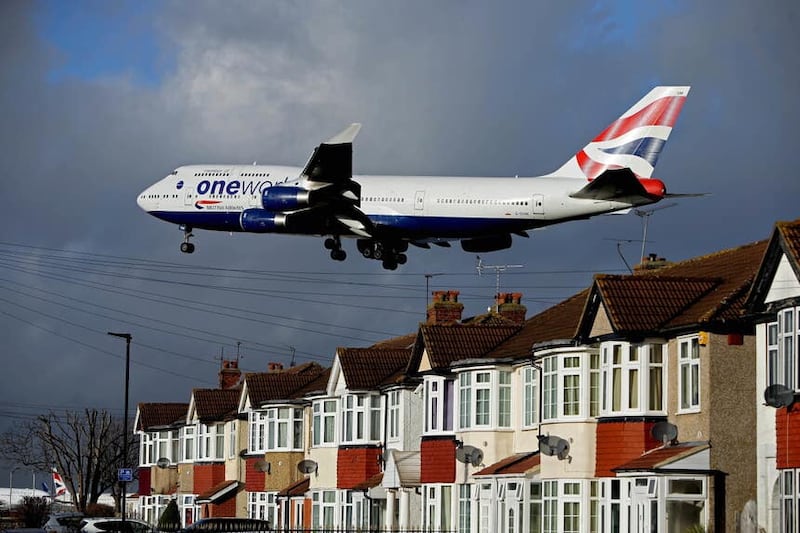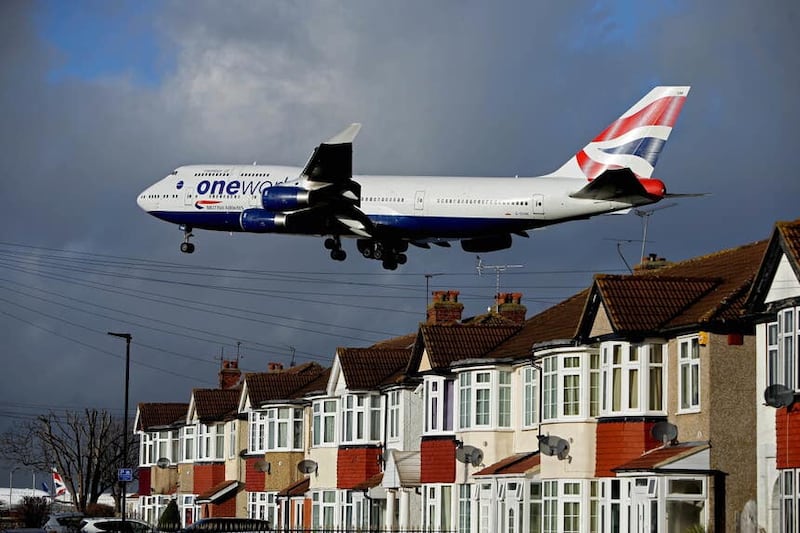COMPLAINTS about noise received by councils have risen by 13 per cent.
A total of 12,105 complaints were received between April 2016 and March 2017, compared to 10,754 the previous year.
Around four out of five related to domestic noise.
Just over half of those were about loud music, televisions or parties, while more than a third related to animals.
There were also 1,560 complaints about noise from neighbours, 233 about house alarms and 124 about noise from DIY.
The second highest number of complaints - 945 - were in relation to commercial and leisure premises, with entertainment venues accounting for almost half.
Others related to security alarms (198), shops and offices (98), sports and leisure complexes (63), hot food bars/restaurants (25) and petrol stations and car washes (6).
There were also more than 500 complaints about street noise. Included in this figure was 84 about the noise of anti-social behaviour and 62 about road works.
There were 18 complaints about the noise of children playing and eight about the chimes of ice cream vans.
Elsewhere, there were 380 complaints related to construction and 241 about transport.
The Department of Agriculture, Environment and Rural Affairs, which released the figures, said the rise in complaints does not "necessarily equate to worsening noise pollution".
"The increase may be due to individuals becoming more susceptible to noise or more aware of who they should complain to when they experience noise problems."
It said councils "have a number of courses of action open to them when dealing with noise complaints".
"Informal warnings are frequently used but formal options include service of a notice, prosecution and seizure of noise making equipment."








